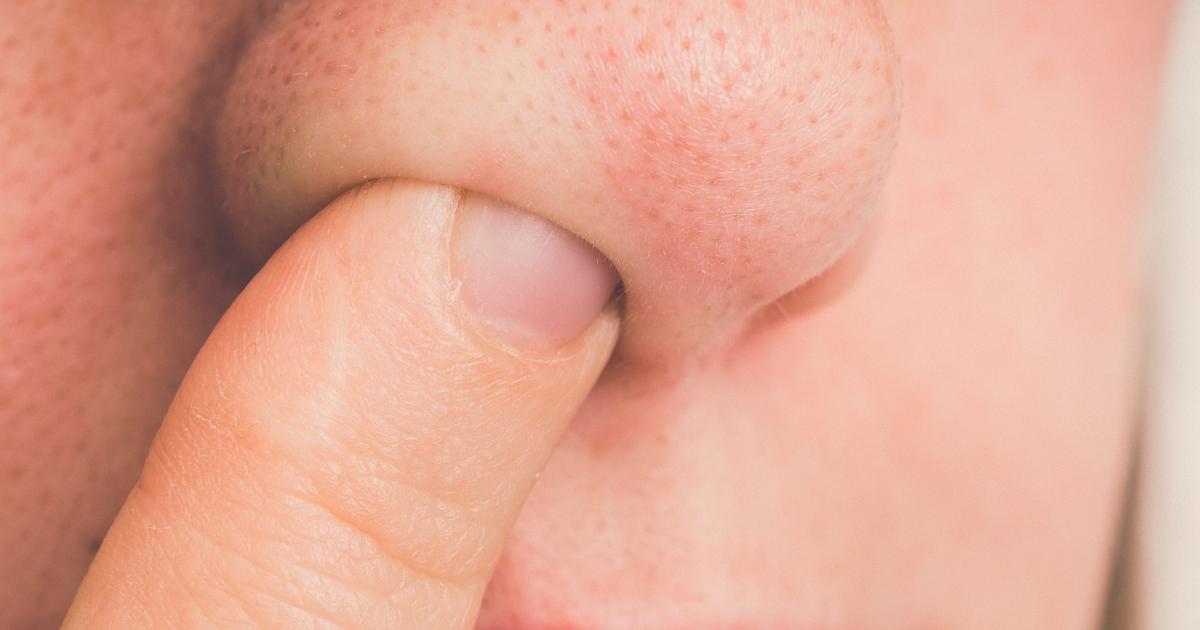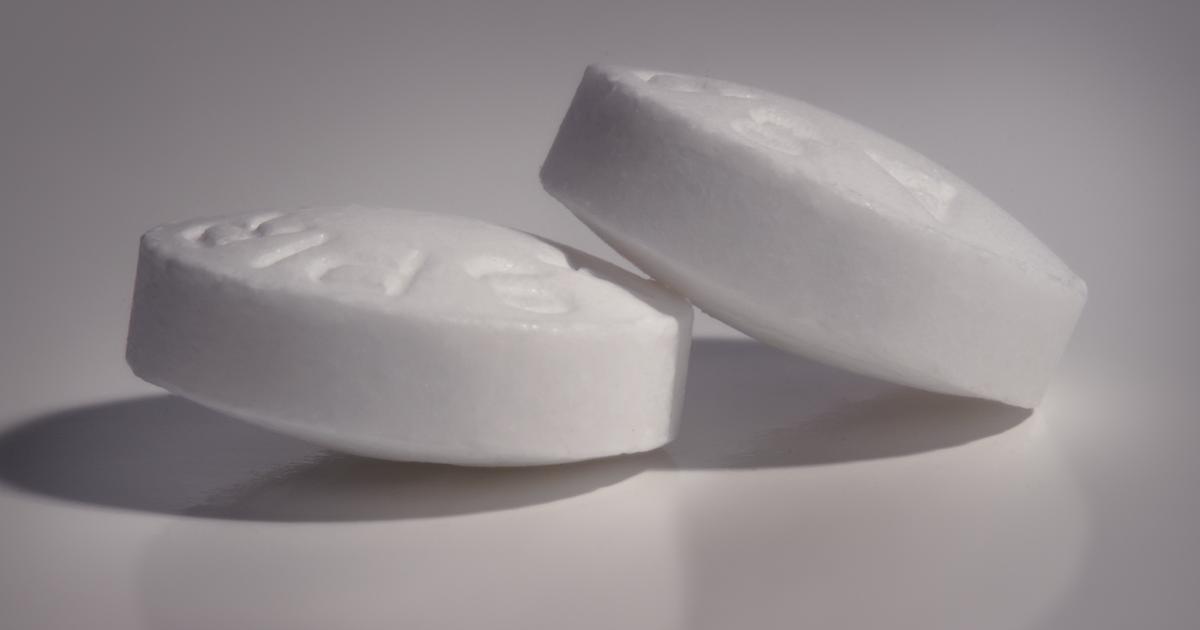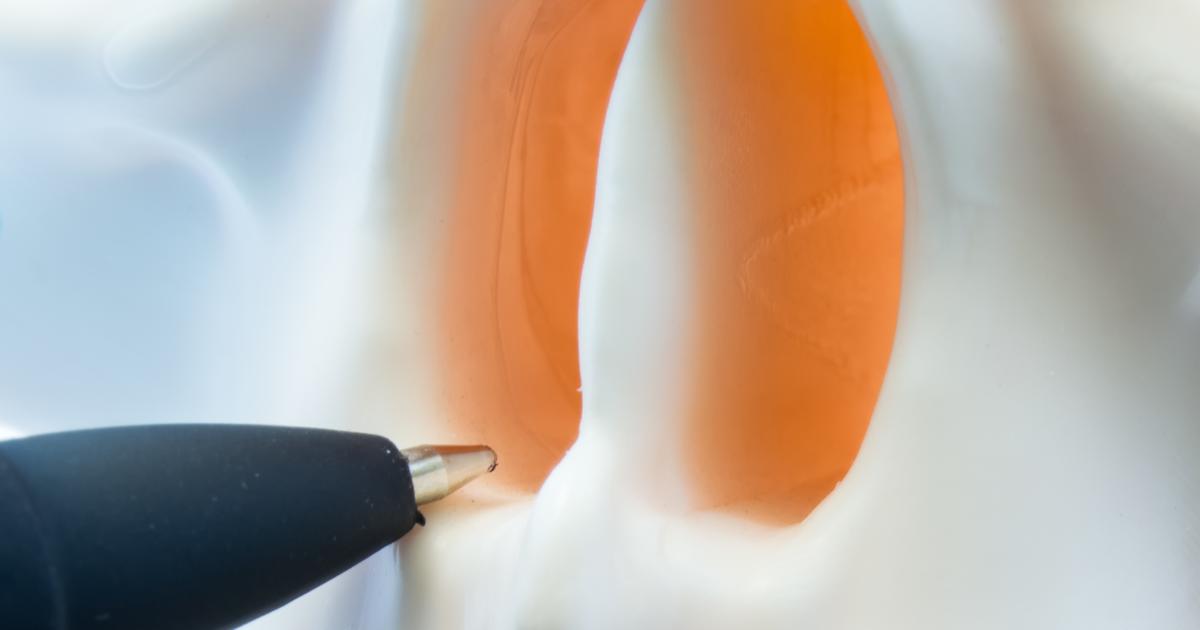What Causes Nosebleeds?
Nosebleeds can be a very inconvenient and distressing issue, especially when they seem to happen spontaneously. Patients can normally get a nosebleed to stop eventually by applying pressure to the area and waiting it out. However, some individuals end up with repeated nosebleeds or bleeding so bad that they lose a dangerous amount of blood. Those in this situation are dealing with a major medical issue instead of a minor annoyance. It is crucial for individuals who suffer from nosebleeds to understand and address the cause, as this can help prevent them from happening as often. Get to know the major causes of nosebleeds now.
Cold Or Dry Air

Dry air is one of the biggest causes of nosebleeds overall. The issue with cold or dry air is it dries out the nasal membranes, which are supposed to remain dampened at all times. When these thin areas of skin get dry, they may crack and break instead of bending flexibility, so even normal breathing can be enough to trigger a nosebleed. Individuals can normally tell if this is the issue by thinking about what the air feels like when they tend to get a nosebleed. There are several ways to address nosebleeds caused by this issue. Individuals who live in a cold, dry home may need to start running a humidifier to add some moistness to their indoor air. Another option is using a cotton swab to gently rub petroleum jelly or antibacterial ointment along the interior of the nose occasionally. This will help to trap moisture in the tissues of the nose and keep it damper even if the surrounding air is quite dry.
Allergic Reactions

An allergic reaction happens when the body encounters a harmless substance like pollen and assumes it is a foreign invader. The body begins to sneeze, create mucous, or run a fever in an attempt to fight off the allergen. This causes nosebleeds by causing irritation to the nose. When the body is trying to fight the harmless substances in the air, the tissues on the inside of the nose can swell, and individuals may have a runny nose or frequent sneezing as a result. Some individuals with allergies can end up having nosebleeds almost daily throughout the allergy season. Fortunately, this is a fairly simple cause of a nosebleed to treat. Managing the nosebleed will rely on reducing the patient's allergic reaction. Individuals may have success by avoiding certain allergens, taking anti-allergy medication, or talking to a doctor about therapeutic allergy shots that can provide long term relief.
Object Stuck in Nose

Having a nosebleed caused by an object stuck in the nose is particularly common among children, but it can also happen to adults who are not aware they have anything in their nose. Any foreign object that goes up the nasal cavity can irritate the nose and lead to bleeding. Sharp objects like a rough pebble or bit of metal are particularly likely to cause bleeding, but even small, relatively smooth things like a button can rub repeatedly against a spot in the nose until they cause bleeding. In most cases, it is fairly easy for individuals to tell if they have something stuck in their nose. In addition to the nosebleed, an individual may have trouble breathing, a sensation of pressure in the nose, pain, and foul discharge. It is best to visit a doctor to avoid additional injury. In most cases, a healthcare professional can easily remove the object from the nose.
Chemical Irritants

Environmental factors are an often ignored but fairly common cause of a nosebleed. The membranes in the nose are very delicate, and anything that irritates them can cause bleeding. Therefore, certain harsh chemicals can cause a bleed if they get into the nose. In some cases, the exposure to chemical irritants can be accidental. Individuals working with harsh cleaners or other sorts of airborne chemicals can end up with nosebleeds if they do not wear a proper mask to filter the air. However, the sorts of chemical irritants that result in nosebleeds can sometimes be a little more intentional. There are various allergy, cold, and other medications sprayed in the nose, and some of these carry a slight risk of suffering from nosebleeds as a side effect. A wide range of other drugs also cause nosebleeds if a patient inhales them. Therefore, individuals may want to consider avoiding decongestant nasal sprays or snorting anything if they suffer from frequent nosebleeds.
Injury To The Nose

Of course, not all nosebleeds are caused by underlying health issues or environmental irritants. Instead, the cause can be as simple and straightforward as an injury to the nose. The interior of the nose is filled with very sensitive blood vessels close to the surface of the skin, so any time there is a sharp blow to the nose, one of these vessels can break and begin to pour into the nasal cavity. Though this sort of cause of nosebleeds often results in particularly dramatic nosebleeds, it is not necessarily as problematic as others. Typically this will just cause a single nosebleed instead of recurrent ones, and it will finish up fairly quickly. However, keep an eye out for extreme swelling or tenderness around the nose, trouble breathing, and dark bruises around the nose or eyes. This may be a sign the nose is broken and requires more treatment than a simple nosebleed. Preventing this cause of nosebleeds is often as simple as wearing protective gear during exercising and sports.
Picking The Nose

In children in particular, picking the nose can be the most common cause of a nosebleed. The lining of the nose is filled with small, delicate blood vessels called capillaries. Scratching the inside of the nose can cause the nose to bleed. When individuals pick their nose, they often scratch at the inside of it to try to remove debris. Nose picking is a common habit even among adults. One 1995 study indicated more than ninety percent of respondents said they sometimes engage in nose picking, while three out of every four respondents said they believed everyone does. The reasons individuals pick their noses tend to vary. Sometimes it's because the nose is too moist or dry, which leads to irritation. Some pick due to a nervous habit or boredom. A nosebleed caused by picking is unlikely to be serious. However, individuals should keep an eye on their nose to make sure they don't develop an infection.
Acute Sinusitis

Acute sinusitis is a medical term used interchangeably with acute rhinosinusitis. This condition causes the lining of the sinuses and nose to become inflamed on a short term basis. The inflammation impedes the ability to drain mucus from the sinuses and nose. The most common underlying cause of acute sinusitis is a cold that causes a viral infection. However, there have been noninfectious causes. About one in every eight adults will experience an episode of acute sinusitis every year. Most individuals will experience the condition at least once in their lifetimes. This condition can lead to a nosebleed, especially if excessive nose blowing causes damage to the capillaries in the nose. In addition to the common cold, some causes of acute sinusitis include bacterial and fungal infections, hay fever, other seasonal allergies, nasal polyps, cystic fibrosis, infected adenoids, or a deviated nasal septum. There have also been rare cases in which an infected tooth causes sinusitis because the bacteria spread from the tooth into the sinuses.
Use Of Acetylsalicylic Acid (Aspirin)

The use of acetylsalicylic acid (Aspirin) might contribute to the presence of nosebleeds. This medication is a blood thinner that reduces the blood's ability to clot. The medication won't cause a nosebleed by itself, but with that said, if the nose does begin to bleed, a reduced ability to clot can make the bleed more significant and noticeable than it would be otherwise. Patients might bleed for a longer period or have trouble stopping the bleed. Aspirin is often used to relieve pain from minor pains and aches, as well as to reduce fever in the body. The medication has anti-inflammatory properties and is sometimes used for its anti-clotting factors. Some doctors recommend that individuals at risk of blood clots, strokes, or heart attacks use low doses of acetylsalicylic acid for long term periods as a maintenance medication. Aspirin has an ingredient derived from willow bark that has been in recorded use since at least 400 BC. At the time, individuals relieved fever and inflammation by chewing willow bark.
Use Of Blood Thinners

The use of general blood thinners has the potential to increase the severity of nosebleeds for the same reason Aspirin does. Since the blood doesn't clot as easily, wounds tend to bleed for longer. The purpose of blood thinners is to help blood flow smoothly through the arteries and veins. These medications prevent blood clots from growing or forming in the first place. Some individuals use blood thinners to treat heart defects and certain types of heart disease. Though blood thinners can be lifesaving for patients with a high risk of blood clots, they also come with risks. One is the increased risk of bleeding if patients cut themselves or suffer an abrasion. If the capillaries inside the nose become damaged, the nose might bleed more severely than it would otherwise. There are two kinds of blood thinners on the market. One is a class of medications called anticoagulants, which prevent the blood from clotting. The other class of medications is called antiplatelets, which target the platelets found in the blood.
Deviated Septum

A deviated septum is the term for the medical condition in which the nasal septum is crooked or significantly off-center. The nasal septum is the cartilage and bone responsible for dividing the nasal cavity in half. Some researchers estimate up to eighty percent of individuals have some kind of misalignment of their nasal septum, most of whom don't know. A deviated septum is unlikely to cause issues unless it has a severe misalignment. In these cases, it might lead to problems with breathing. Some individuals are born with this misalignment, while others acquire it after their nose is broken or otherwise suffers an injury. Most commonly, patients with a deviated septum experience frequent nasal congestion that targets one side of the nose more than the other. Nosebleeds might also occur. Some other symptoms involve frequently experiencing pain in the face, headaches, postnasal drip, snoring, and loud breathing. Some patients with a deviated septum might also have sleep apnea, which causes them to stop breathing intermittently when they sleep.
